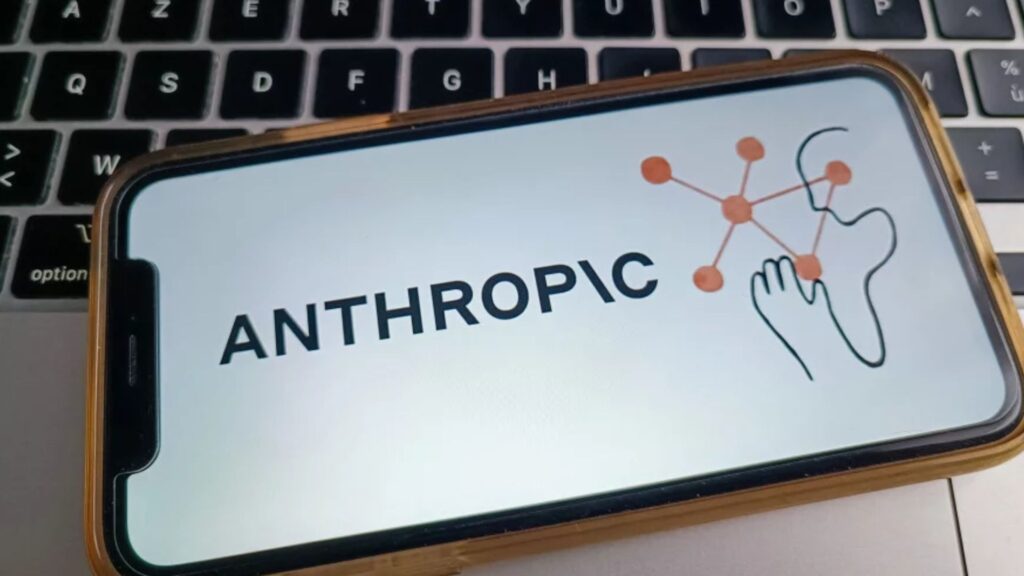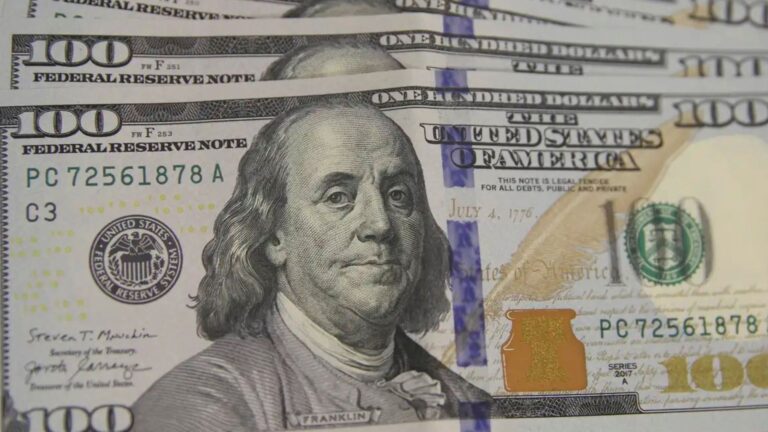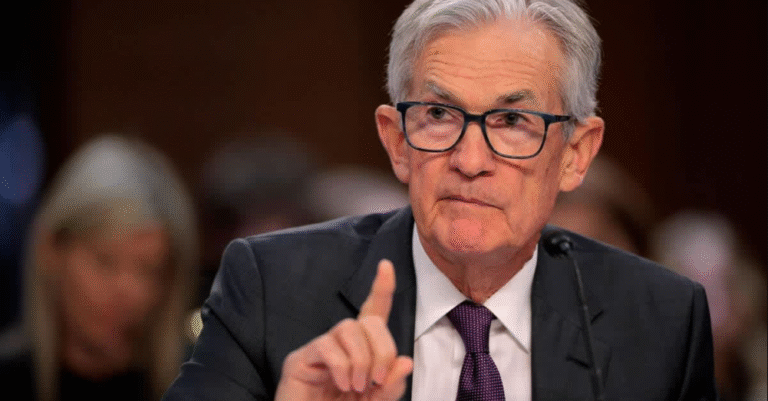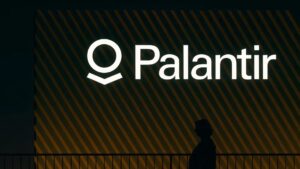
Riccardo Milani/Hans Lucas/AFP via Getty Images
Anthropic’s landmark $1.5 billion class-action settlement with authors over allegations it trained its Claude chatbot on pirated books has been thrown into doubt after U.S. District Judge William Alsup refused to grant preliminary approval, citing significant gaps in documentation and fairness ahead of a key September 25 hearing.
Settlement Details and Judicial Concerns
The proposed agreement would award roughly $3,000 per infringed book to an estimated 500,000 authors and publishers, marking the largest copyright recovery in U.S. history (Axios). However, on September 8, Judge Alsup ruled that the deal was “nowhere close to complete,” demanding by September 22:
- Finalized lists of all affected works
- Clear procedures to notify class members
- Detailed, user-friendly claim forms
Alsup warned that class lawyers appeared to have struck a deal they intended to force “down the throat of authors,” and refused preliminary approval until these concerns are fully addressed (The New York Times).
Fair Use Ruling and Legal Precedent
The litigation stems from Alsup’s June decision distinguishing between lawfully acquired texts—found to be fair use when used for AI training—and pirated materials that constituted infringement. Anthropic allegedly downloaded millions of books from shadow libraries such as Library Genesis and Pirate Library Mirror without authorization (NPR).
That ruling has already reverberated across the AI sector: major record labels amended their suit against music-generation startup Suno to include claims of “stream ripping” copyrighted recordings from YouTube, explicitly citing the Anthropic decision as precedent (CEPA).
Industry Impact and Future Outlook
Anthropic’s $1.5 billion agreement, while sizable, represents less than 1% of its $183 billion valuation following a recent $13 billion funding round. Authors including Andrea Bartz, Charles Graeber, and Kirk Wallace Johnson view the settlement as vindication that “it’s wrong to steal” and that tech companies “are not above the law” (Axios).
Legal experts term the case a potential “Napster moment” for AI. Cecilia Ziniti, CEO of GC AI, likens it to early-2000s music-industry litigation that paved the way for licensing models, and the Authors Guild hails it as a precedent compelling AI firms to pay for copyrighted content. With statutory damages of up to $150,000 per willful infringement, pending AI copyright lawsuits across dozens of cases may hinge on Alsup’s forthcoming ruling, reshaping how companies source training data going forward (The New York Times).












Your point of view caught my eye and was very interesting. Thanks. I have a question for you.
I don’t think the title of your article matches the content lol. Just kidding, mainly because I had some doubts after reading the article. https://accounts.binance.info/hu/register-person?ref=IQY5TET4